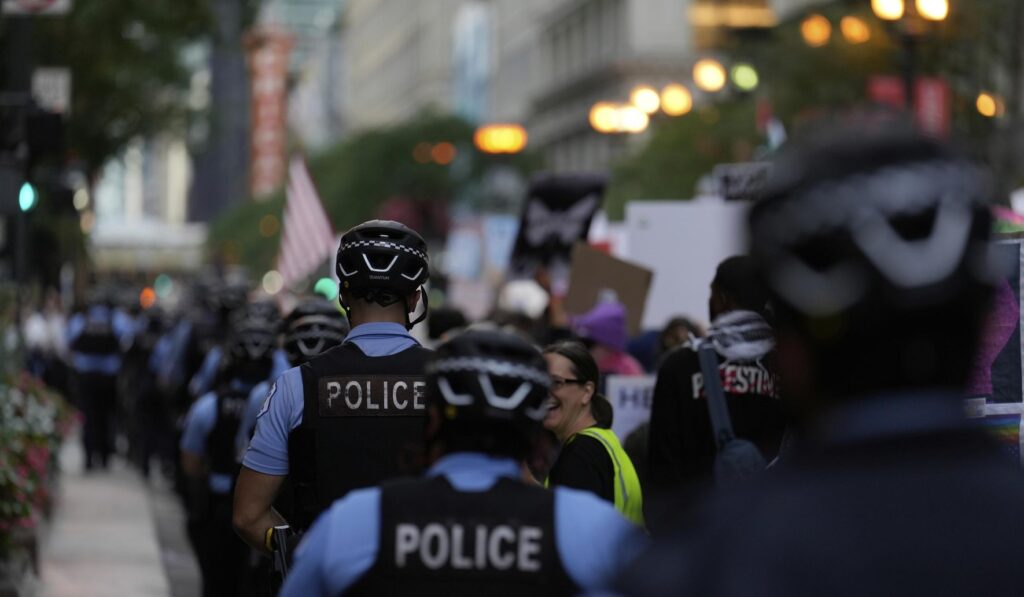President Trump says Chicagoans are clamoring for federal law enforcement assistance after two weekend shootings left one teen dead and several others wounded downtown, and the city is facing renewed questions about who will restore safety to its streets.
The weekend left downtown Chicago reeling after two separate shooting incidents that resulted in one teen killed and several others wounded. People on the ground are shaken and looking for real answers, not press conferences. The demand for help is loud and clear from residents and business owners who feel vulnerable.
President Trump said Chicagoans are clamoring for federal law enforcement assistance, pointing to a gap between local response and the scale of the violence. From a Republican perspective, when city officials cannot secure basic safety, federal resources are the sensible next step. That means federal agents, federal prosecutions, and a renewed focus on enforcing existing laws to protect neighborhoods.
The loss of a teenager underscores how far this has gone beyond statistics and into community trauma. Families and friends are mourning, and the downtown corridor—once a daily hub—now feels like a place where people calculate risk before stepping outside. This moment calls for urgency and concrete action, not more excuses.
Local leaders have a responsibility to restore order, but a practical view recognizes federal help can be decisive. Partnerships with the FBI, ATF, U.S. Marshals, and Department of Justice task forces can bring manpower and prosecutorial clout. Those federal tools are not political theater; they are the instruments that get violent offenders off the streets and into federal custody when appropriate.
Republicans argue that blaming guns or focusing solely on social programs misses the immediate need to stop the shooting spree. Enforcement and accountability change incentives for criminals and reassure law-abiding citizens. Swift arrests and tougher prosecutions for repeat offenders send a clear message that downtown will not be a safe haven for violence.
Business owners downtown are already paying the price in lost customers and rising security costs, and neighborhoods farther out watch this unfold with concern. When commerce retreats, jobs and opportunities go with it, widening the gap that bad actors exploit. Restoring public safety is economic policy as much as it is law enforcement policy.
There is a practical sequence to follow: secure the scene, gather evidence, make arrests, and use federal statutes where they apply to ensure meaningful penalties. Federal involvement can also free local police to focus on community policing and prevention. That kind of coordination reduces repeat incidents and gives residents a realistic sense that streets are being reclaimed.
Critics will complain about federal overreach, but residents have a simple question: will anyone stop the violence? The Republican view prioritizes protecting citizens and supporting officers who face dangerous conditions every day. When the city’s capacity is stretched, federal support is a legitimate tool to restore immediate safety and begin long-term recovery.
Chicago’s leaders must welcome effective federal cooperation and stop treating every call for help as a political attack. People want safety, clear accountability, and visible results on streets where they work and raise families. The clock is ticking for actions that actually reduce shootings and bring some measure of peace back to downtown neighborhoods.



